Published Date: 16 February 2022
Everything beginners need to know about Cybersecurity: Importance, Types, and Programming codes
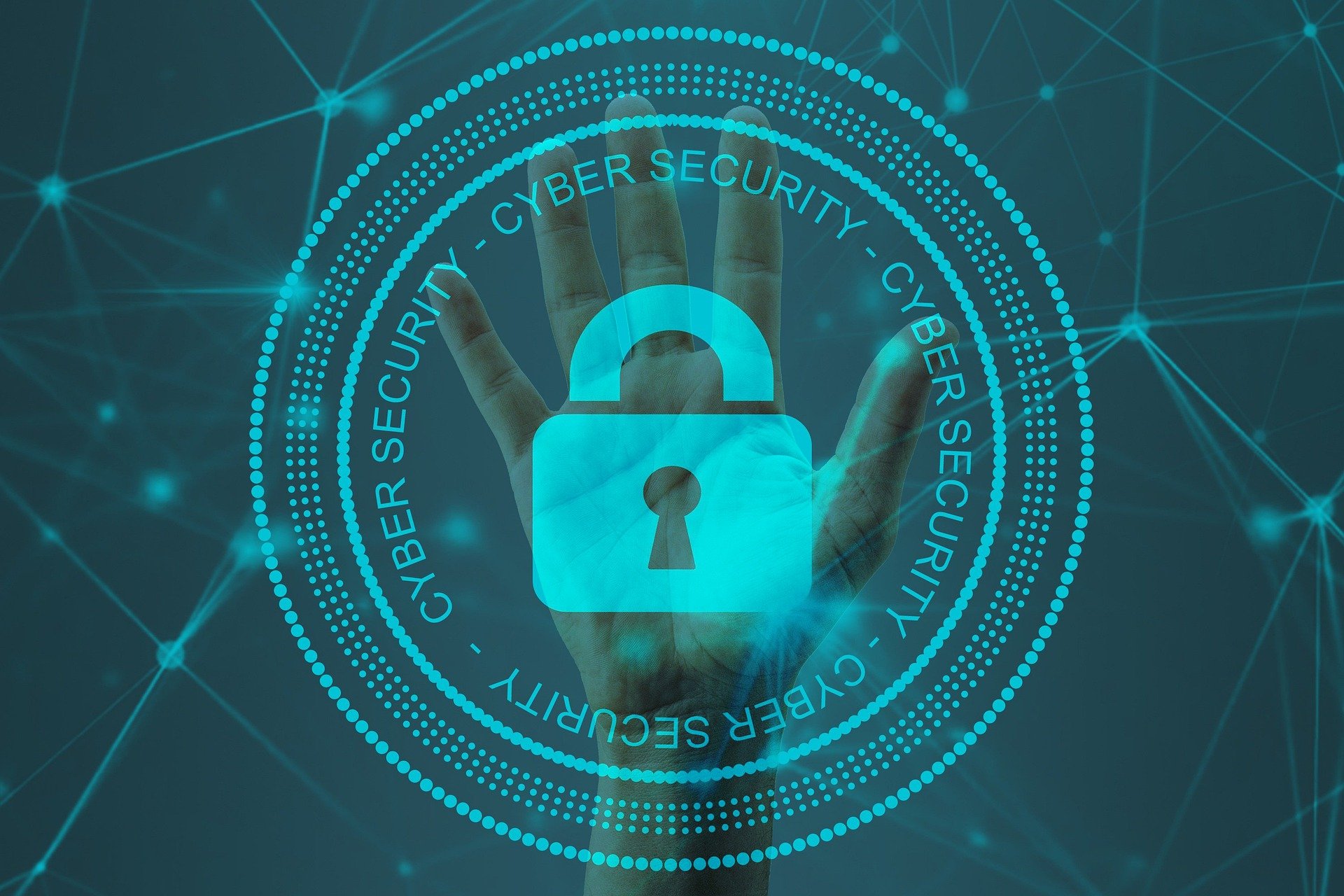
By now, you must have come across these heavy words called 'cybersecurity,' 'cyberattacks,' 'phishing,' 'ransomware,' and many more. And although hoping it never happened, we are still sorry if you were ever a victim of a cyberattack. (It can be draughting and painful seeing your personal information attacked by hackers!)
Before we dive deep into the main part of this article, let's get started with some preview or prior understanding of specific terms.
Cybersecurity - What is It?
Cybersecurity is a process that makes use of programming codes through which you can save/protect your business or any online tasks from internet attacks. That's true! Not even the internet you see and enjoy every day is a safe platform. Did you know that your personal information is not secure even on the numerous legal sites you've allowed access to? Although not phishing, your information has already reached several third parties that keep track of your online behavior. Well, now you know why you get personalized ads or promotional content when visiting a site!
Cybersecurity promises to protect your system information, networks, and programs from those cyberattacks aimed at accessing, destroying, modifying, bullying any sensitive information - be it your personal or official information! Why cybersecurity is important? Simple - it prevents you from being a victim of money extortions!
Cybersecurity courses are getting popular among students for their effective measures in dealing with unmet challenges in today's world. Attackers are getting more innovative with every new technological advancement paving its way into modernization.
Why Cybersecurity is Important?
You have probably heard about 'Cyberterrorism.'
For instance, people have their accounts saved in various financial companies, family details held in hospital databases, national information saved in their servers. Imagine what would happen when all this information gets into the hands of digital hackers? You must have already heard about the websites of NASA, Google, Facebook getting hacked.
Want to know more? Read this news article about NASA getting hacked 13 times and losing their employees' credentials.
In today's modern and digital era, people store vast quantities of their data on the cloud, computers, and other connected devices. This information includes passwords, financial data, national security data, and many more. Getting access to such important data could cause a range of mishaps, even leading to terrorist attacks. Hackers could use financial data to steal personal/business funds. Similarly, images and videos stored on your computer could lead to the misuse of sensitive information.
IT organizations are in huge need of cybersecurity to lock their data from getting stolen. Similar is the reason for common individuals - in case of properties, finances, even their EXISTENCE can be hacked and blackmailed!
Cybersecurity and its Types
- Phishing
I'm sure many of you might have been a victim of phishing. It's very commonly seen where you are asked to share your emails or usernames with passwords. Phishing is a kind of cyberattack that sends fraudulent messages that resemble pages from reputable sources. Their main aim is to steal important data like credit card numbers, debit card CVVs, usernames, and passwords.
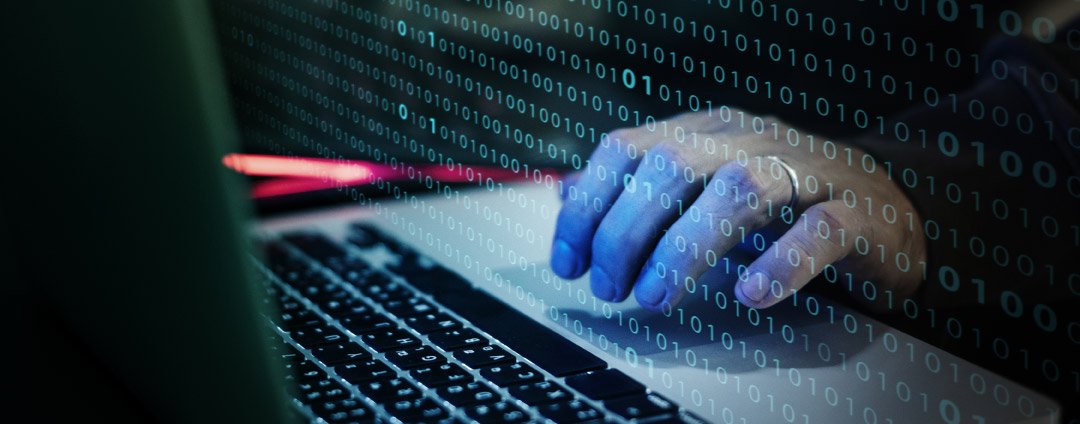
- Ransomware
You have surely heard of numerous money extortion cases in top industries. Ransomware is malicious software designed for money extortions and blocking your access to your files or devices until you are paying the whole ransom. However, even after paying the ransom, some cases reported that files were still inaccessible.
Ryuk, 2019 and 2020, which were spread via malicious emails and text messages, contained dangerous links with attachments. It is, to date, known to be one of the most expensive ransomware in history, exceeding its value from 300,000 USD. It has caused damage of more than 60 million USD worldwide.
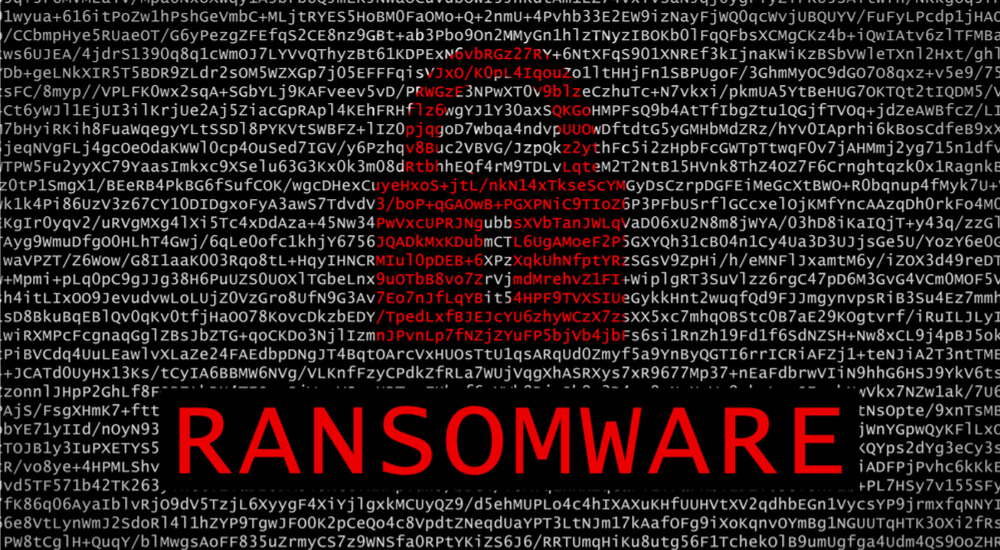
- Malware
If you are a student of cybersecurity courses, malware is a common term you might have started with. Malware is, yet again, software designed to gain access in an unauthorized way to gain sensitive information leading you to face heavy damage. They digitally attack you to give them access to your computers, laptops, mobile phones, tablets.
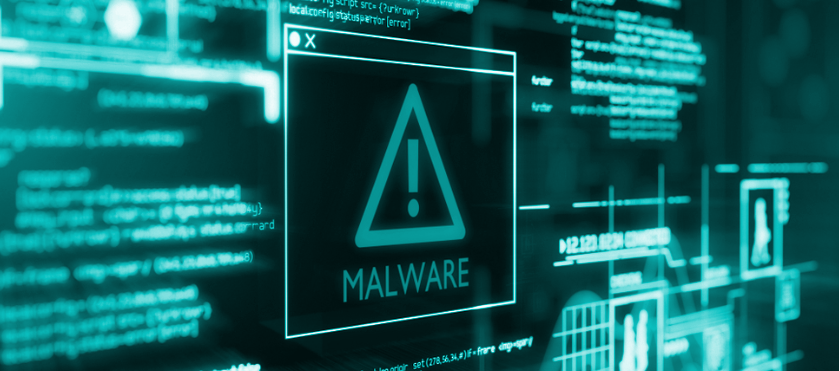
- Social Engineering
Another cyber attack on the list is social engineering. Similar to the types explained above, social engineering involves tricking people into revealing their sensitive and most important information. They tend to make you more likely to easily believe in malware sources or malicious emails.

Top Programming Codes to Advance with Cybersecurity
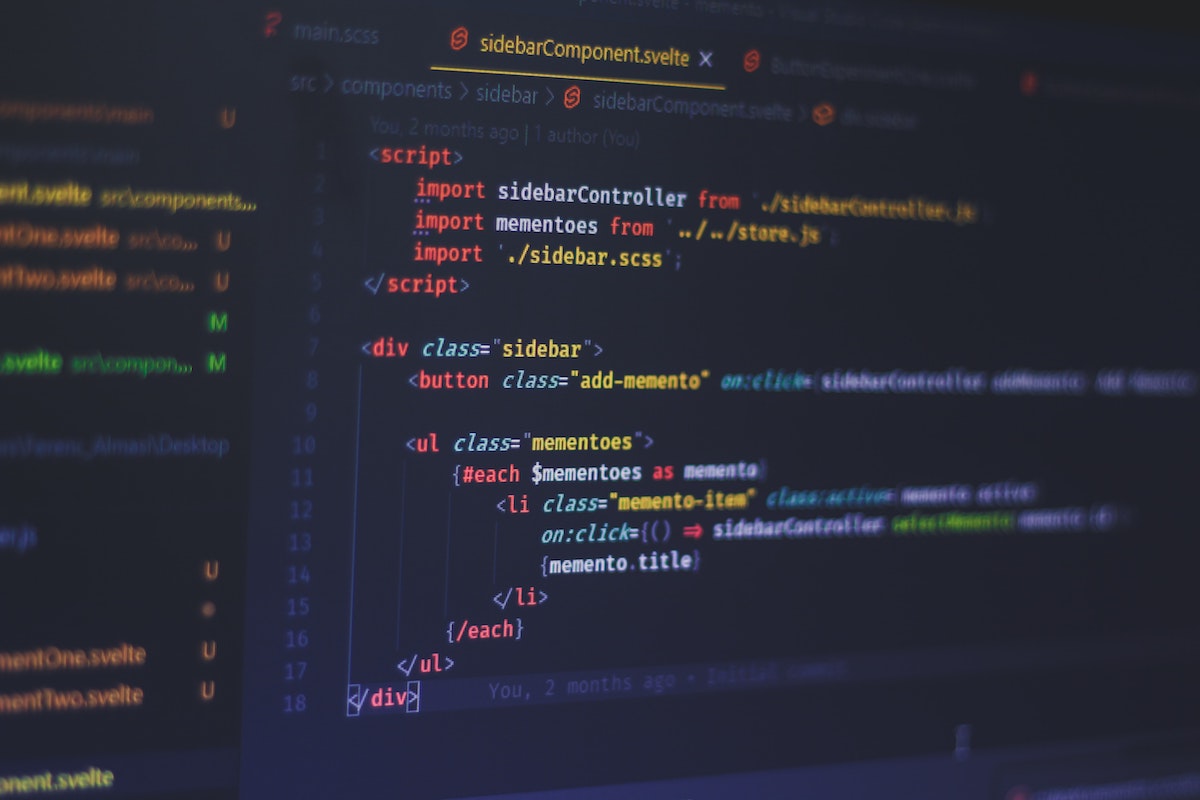
- Python
Python is great and, to date, a dominant programming code. You can use it as a malware analyst or create intrusion detection systems with minimal reliance on other tools while maintaining your code's readability. Cyber security experts who know Python are in high demand.
This programming language's clear and easy syntax makes it perfect for scanning analyzing threats from malware to penetration testing - all while retaining readability with a vast number of libraries available on the top.
- JavaScript
Did you know that 95% of internet sites use JavaScript as the most common programming code? Being one of the oldest and finest programming languages in cybersecurity, JavaScript is a powerful tool that you can use for all sorts of things like capturing cookies, exploiting event handlers, and carrying out cross-site scripting.
JavaScript is a language that lets programmers use any code on websites, which makes it easier for users to navigate and enjoy all of the features. If you're an expert in this field, your task would be to ensure security by reducing Cross-Site Scripting attacks (XSS) or even removing them altogether.
- PHP
With the rise in popularity of PHP in the programming codes list, it's no surprise that more websites are created with this programming language. Learning how to use them will give you an advantage when dealing with intruders who want to access your system or application files - like DDoS attacks.
PHP has been around for decades and still operates as an open-source platform that web designers can use to make their updates easier by connecting databases with HTML pages without programming knowledge.
- SQL (Structured Query Language)
SQL is a programming language that queries and manipulates data in large databases. It has been the most demanded, domain-specific tool for database management. The most straightforward language for handling a database is SQL. It was developed to deal with the complexities of databases.
It has become one of its well-known implementations, especially among website owners who need an easy way to make changes or add new information into their systems.
The Conclusion
There is no "one size fits all" programming code for cyber security. However, you can use many options depending on what you want to focus on and how much time has been allocated to learning them.
For example, if a front-end layer secures the visual aspects of an application such as 'graphics-heavy' websites or applications with high user engagement rates, then JavaScript would probably work best because it's utilized widely across various platforms, including mobile devices.
Similar Articles
Please check out the similar posts.
How Cyber Security Advantageously Works for Business Enterprises
Day by day, cyber-crime is consistently increasing and various small business firms are highly becoming dangerous as a consequence of cyber security.
Read MoreWhat Is Cyber Security And How Does It Work?
Cyber security is the term that is vital for the tech-driven world. It is the essential layer of protection that helps companies preserve their confidentiality.
Read MoreMechanism of Cyber Security for Autonomous and Networked Systems
Global networking produces huge amounts of data that are constantly being exchanged provide such processes a target for unauthorized persons.
Read More